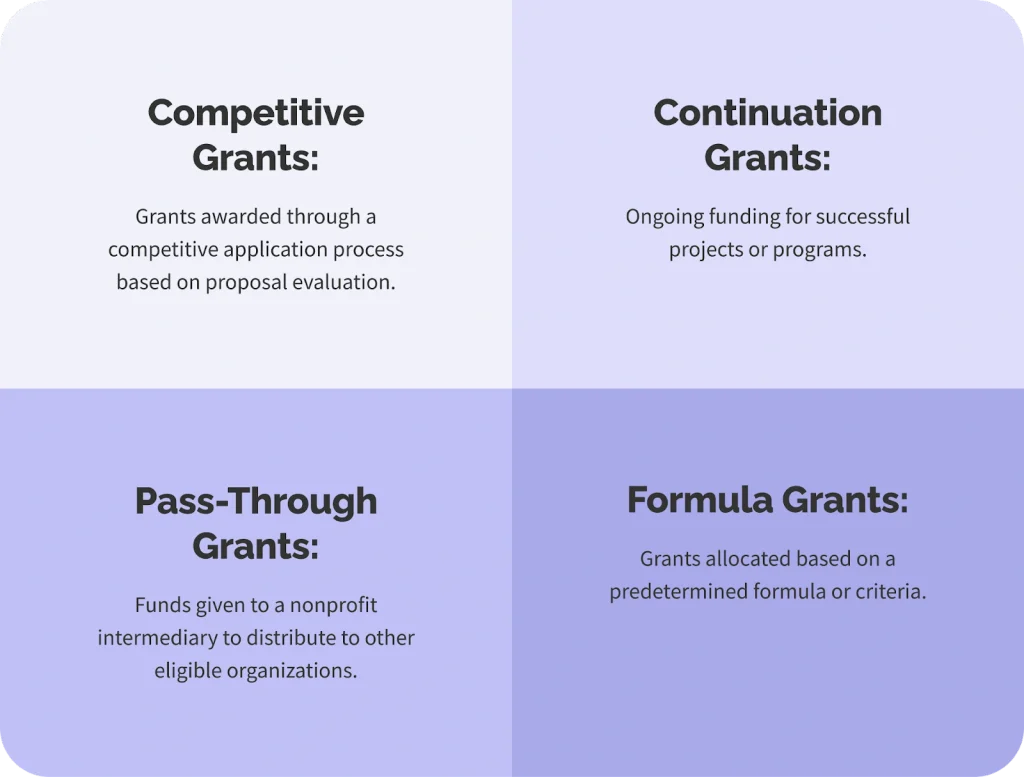Accounting is the science of managing financial transactions that involve the manipulation of quantities of money as well as information regarding the financial records of a business. Accountants are involved in the collection, interpretation, preparation, management, and reporting of financial statements and information. Accounting involves the use of many mathematical and statistical methods to identify, relate to, and track financial transactions. The process of accounting uses numerous complex internal control processes and external controls to ensure the accuracy and reliability of the financial reporting.
The term’Accounting’refers to three fields. There is public accounting which is conducted for the benefit of the public. Private accountancy is conducted for the advantage of a private individual or organization. Public accountants create financial statements in connection with the performance of the business. They prepare the financial reports in accordance with generally accepted accounting principles. Private accountants prepare the financial reports for the use of another person or company that is not a member of the business entity.
Accounting is an important part of any organization. It is very important in determining the worth of the assets, liabilities, revenues, expenses, and the stockholders’ equity. This helps in the decision making on mergers and acquisitions, refinancing, selling of assets, issues concerning taxes, ownership of preferred stocks, etc. Proper accounting techniques and systems are required to determine these things. Thus, the knowledge of accounting terminology is very useful to the management of an organization.
Accounting involves many types of professional activities and practices. The major areas in which accounting is used include the recording of income and expenses, preparation of the financial reports, the measurement of the financial performance, management of the funds, control of the business, and prevention of fraud. The activities in the areas of accounting include the preparation of balance sheets, income statement, revenue statement, and statement of cash flows. Accounting is further divided into three major sub-specialties namely: public accountants, forensic accountants, and tax accounting.
Cost accounting is one of the broadest forms of accounting. It involves the use of certain techniques for determining the costing of a product or service using available information. The major area of cost accounting includes: identification of the sources of costs, planning the cost involved, estimating the costs of various transactions, allocation of costs among different projects, decision making concerning costs, collection of data regarding costs, analyzing the data, preparing the financial reports, and providing recommendations concerning the costing of a product or service. Decision making regarding the allocation of resources is one of the most important parts of cost accounting. Cost accounting helps in cost management and decision making.
The principles of elementary accounting are primarily concerned with the day to day financial transactions of a business. A wide range of financial transactions such as sales, purchase and inventory, capital goods purchases, disposal of debt securities, advances paid, and payments made are included in this. Financial reporting is based on principles of fundamental accounting. A company’s income statement, balance sheet, statement of cash flows, and related documents are the basic accounting documents that give an accurate picture of a company’s income and balance sheet. The scope of fundamental accounting is quite broad and it covers the three major areas of business activities: market analysis, financial reporting, and government regulations.




